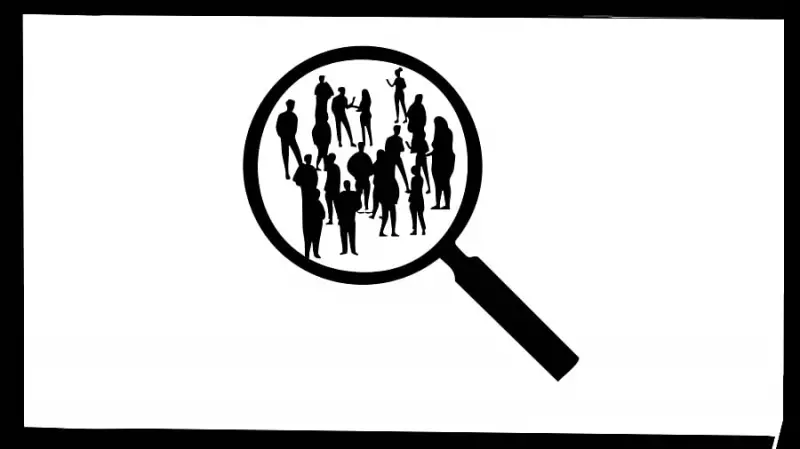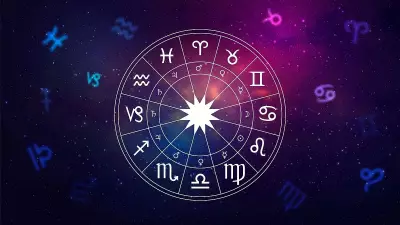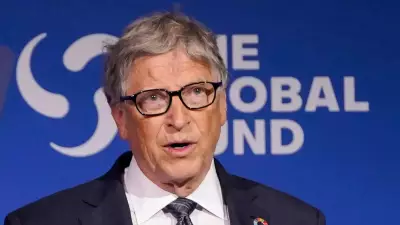
In the digital age, a new form of caste privilege has emerged—one that allows the privileged to remain blissfully unaware of the harsh realities faced by marginalized communities. This digital disconnect is creating dangerous gaps in understanding and empathy within Indian society.
The Comfort of Ignorance in Digital Spaces
Social media platforms and digital echo chambers have become modern sanctuaries where privileged caste individuals can comfortably distance themselves from caste-based discrimination. The algorithm-curated content ensures they rarely encounter stories of Dalit struggles or the systemic oppression that continues to plague Indian society.
This digital insulation creates a false narrative of progress, where caste becomes an "ancient history" rather than a present-day reality affecting millions of Indians.
The Luxury of Not Knowing
For many upper-caste Indians, caste identity remains an abstract concept—something they can choose to engage with or ignore. This optional engagement stands in stark contrast to Dalits and other marginalized communities for whom caste is an inescapable, often violent, daily reality.
The privilege lies in the ability to disconnect—to scroll past discussions about caste violence, to dismiss anti-caste discourse as "divisive," and to maintain a comfortable distance from uncomfortable truths.
How Digital Platforms Reinforce Caste Hierarchies
Modern technology, rather than being the great equalizer, often reproduces existing social hierarchies:
- Algorithmic bias favors dominant caste perspectives
- Digital spaces become segregated along caste lines
- Mainstream discourse centers privileged experiences
- Marginalized voices face disproportionate online harassment
The Consequences of Selective Awareness
This cultivated ignorance has real-world implications. When privileged individuals remain disconnected from caste realities, they:
- Fail to recognize systemic discrimination in workplaces and institutions
- Dismiss reservation policies as unnecessary "handouts"
- Perpetuate microaggressions and caste-based stereotypes
- Hinder genuine social progress through their influential positions
Bridging the Digital Divide
Breaking this cycle requires conscious effort from privileged caste individuals to step outside their comfort zones. This means actively seeking out diverse perspectives, listening to marginalized voices, and acknowledging the persistence of caste in modern India.
The path forward involves recognizing that the ability to disconnect from caste discussions is itself a form of caste privilege that needs to be examined and dismantled.
As India moves further into the digital age, the challenge remains: will technology amplify existing inequalities or become a tool for genuine social transformation? The answer lies in whether privileged Indians choose connection over comfort, and awareness over ignorance.





